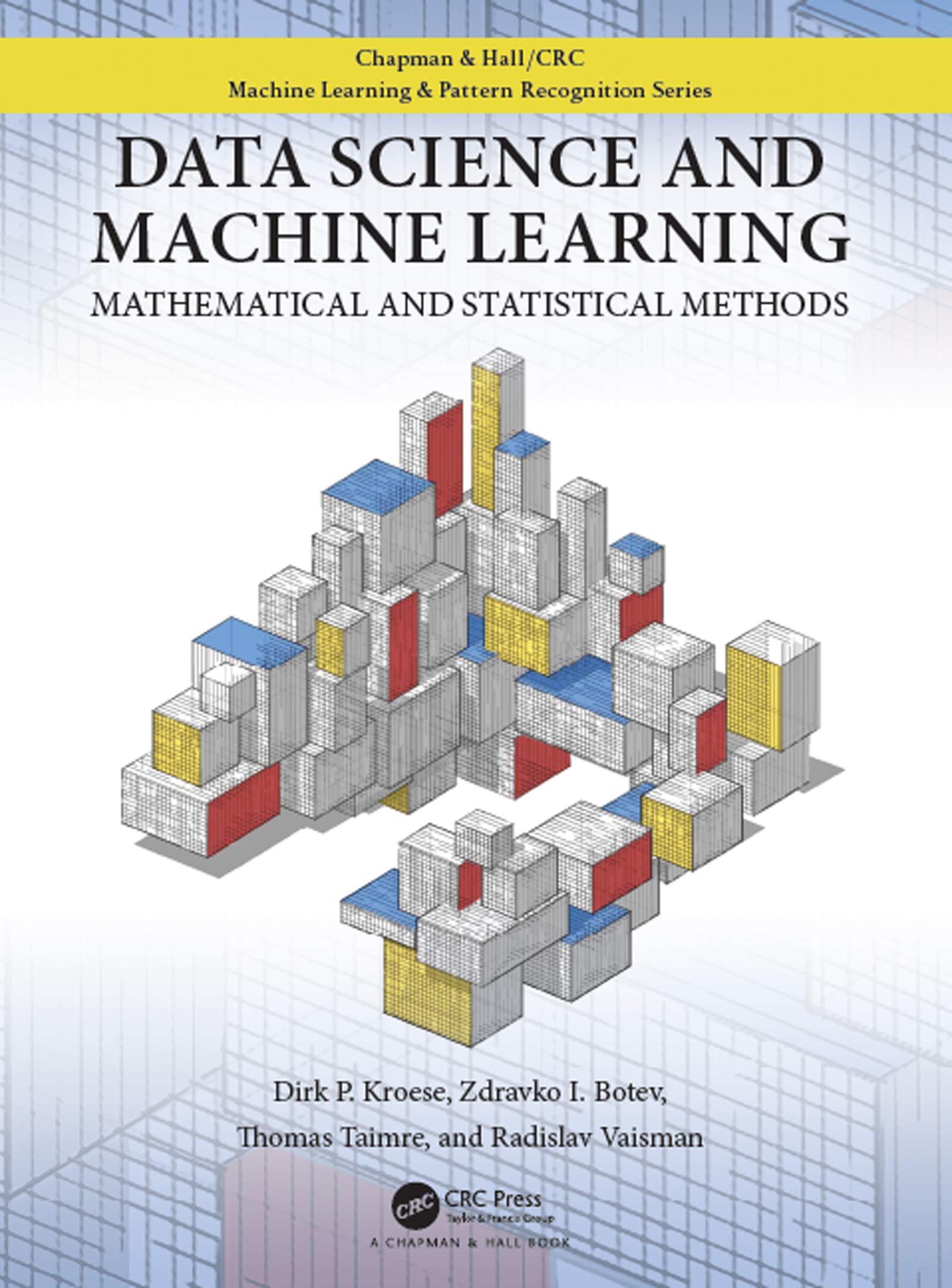Suppose that (X_{i} sim operatorname{Exp}left(lambda_{i} ight)), independently, for all (i=1, ldots, n). Let (boldsymbol{Pi}=left[Pi_{1}, ldots, Pi_{n} ight]^{top})
Question:
Suppose that \(X_{i} \sim \operatorname{Exp}\left(\lambda_{i}\right)\), independently, for all \(i=1, \ldots, n\). Let \(\boldsymbol{\Pi}=\left[\Pi_{1}, \ldots, \Pi_{n}\right]^{\top}\) be the random permutation induced by the ordering \(X_{\Pi_{1}} (a) Determine an \(n \times n\) matrix \(\mathbf{A}\) such that \(\mathbf{Z}=\mathbf{A} \boldsymbol{X}\) and show that \(\operatorname{det}(\mathbf{A})=1\). (b) Denote the joint pdf of \(\mathbf{X}\) and \(\boldsymbol{\Pi}\) as \[ f_{\boldsymbol{X}, \Pi}(\boldsymbol{x}, \boldsymbol{\pi})=\prod_{i=1}^{n} \lambda_{\pi_{i}} \exp \left(-\lambda_{\pi_{i}} x_{\pi_{i}}\right) \times \mathbb{1}\left\{x_{\pi_{1}}<\cdots where \(\mathscr{P}_{n}\) is the set of all \(n\) ! permutations of \(\{1, \ldots, n\}\). Use the multivariate transformation formula (C.22) to show that \[ f_{z, \Pi}(z, \boldsymbol{\pi})=\exp \left(-\sum_{i=1}^{n} z_{i} \sum_{k \geqslant i} \lambda_{\pi_{k}}\right) \prod_{i=1}^{n} \lambda_{i}, \quad z \geqslant 0, \boldsymbol{\pi} \in \mathscr{P}_{n} \] Hence, conclude that the probability mass function of the random permutation \(\boldsymbol{\Pi}\) is: \[ \mathbb{P}[\Pi=\boldsymbol{\pi}]=\prod_{i=1}^{n} \frac{\lambda_{\pi_{i}}}{\sum_{k \geqslant i} \lambda_{\pi_{k}}}, \quad \boldsymbol{\pi} \in \mathscr{P}_{n} \] (c) Write pseudo-code to simulate a uniform random permutation \(\prod \in \mathscr{P}_{n}\); that is, such that \(\mathbb{P}[\Pi=\pi]=\frac{1}{n!}\), and explain how this uniform random permutation can be used to reshuffle a training set \(\tau_{n}\).
Step by Step Answer:

Data Science And Machine Learning Mathematical And Statistical Methods
ISBN: 9781118710852
1st Edition
Authors: Dirk P. Kroese, Thomas Taimre, Radislav Vaisman, Zdravko Botev





